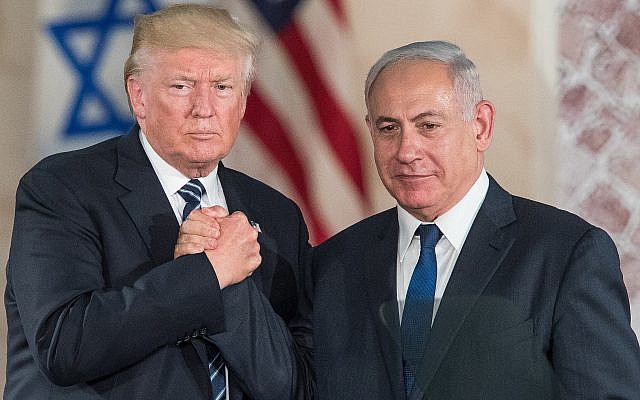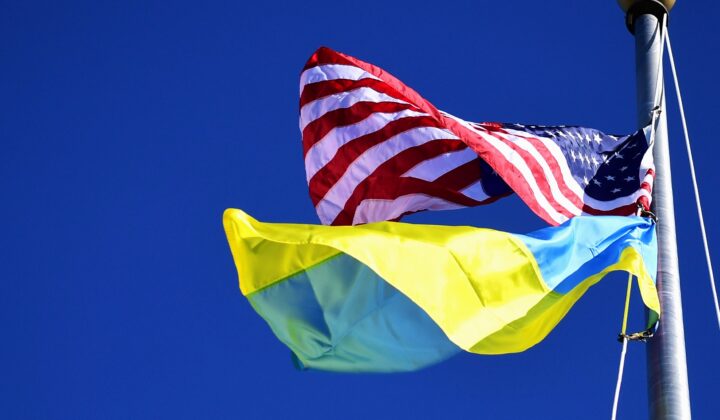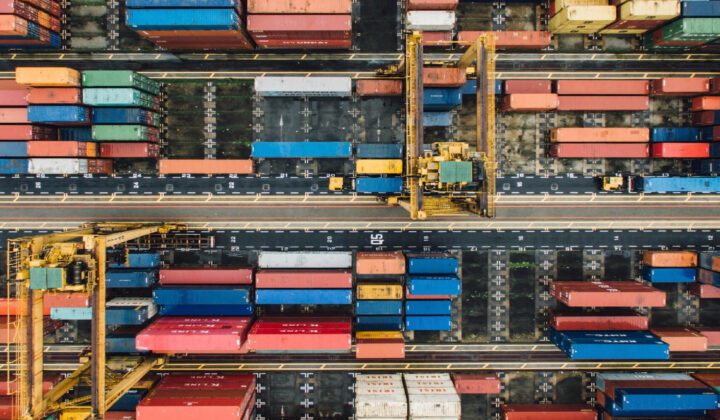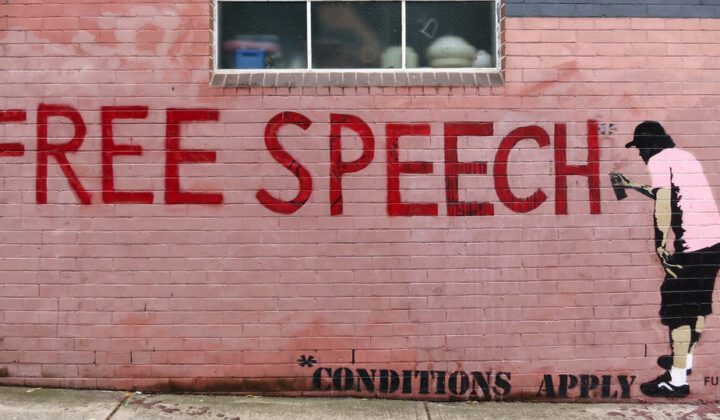“We are all witnesses to the greatest election fraud in the history of the country,” asserted outgoing Israeli Prime Minister Benjamin Netanyahu, who has also railed against “fake news,” dismissed his corruption trial as a “witch hunt,” and called himself a victim of the “deep state.”
For American observers, this might elicit a strong case of déjà vu, and Netanyahu’s not alone.
Left-wing Venezuelan dictator Nicolás Maduro described his country as under attack by “fake news.” The Romanian government fired an official investigating corruption claims, alleging he was a member of “the deep state.” And in the Peruvian election covered by RDI last week, both candidates questioned the results within a 24-hour period.
All around the world, Trump’s style seems to be gaining momentum.
Has America exported antidemocratic tactics?
What happens in America tends to have a disproportionate impact on the rest of the world. So when our leaders criticize democracy, other wannabe authoritarians tend to mimic their tactics and language.
Since Trump popularized the term “fake news” to reference news unfavorable to him, it’s become a common rallying cry among antidemocratic leaders. The term was used by Bashar al-Assad in Syria to discredit a report on prison deaths and in Myanmar to silence coverage of the Rohingya genocide, but that’s just the beginning. Officials in the Philippines, Poland, Hungary, Libya, Russia, Turkey, and China have all referenced “fake news” to dismiss critical media. The phrase had picked up so much steam that Collins Dictionary named it their Word of the Year for 2017.
While in office, Trump used his platform to unite with authoritarians around the world. He said that he and Kim Jong Un “fell in love,” called himself a “big fan” of Recep Tayyip Erdogan, and praised Xi Jingping as a “very good man.” There’s cause to think that this had real political effects. Hungarian strongman Viktor Orbán described Trump’s praise as “permission” from “the highest position in the world,” and the Cambodian government brushed off criticism from the U.S. embassy for cracking down on media freedoms, stating “your policy has been changed” after a friendly exchange with Trump.
With Trump and his associates at the helm, America led a four-year global push against democracy.
But can Trump really be blamed for global authoritarianism?
Trump emboldened and supported authoritarians, but he didn’t create them.
It’s worth pointing out that all strongmen have similar aims––maintaining power––and similar enemies––any institution seeking to check their authority. Trump may have popularized “fake news,” but he certainly didn’t invent attacking the press. Illiberalism precedes Trump, and became a part of the European mainstream before the American. Even some terms like “deep state” have foreign origins, that one likely originating in Turkey in the ‘90s.
Americans are what has actually changed. When Americans used to hear about attacks on elections or the free press, it felt foreign. Now it’s so familiar to us that we can hear Trump’s style echoing in strongmen rhetoric around the world. Trump didn’t introduce the world to authoritarianism, but he did introduce authoritarianism to America.





